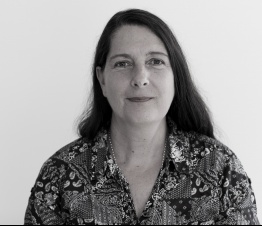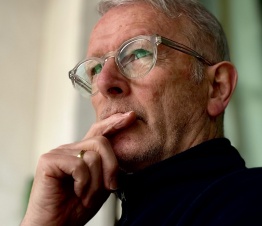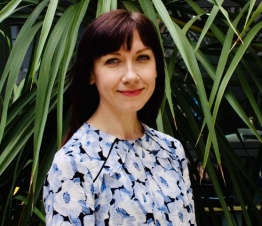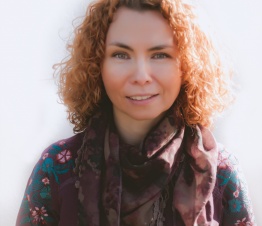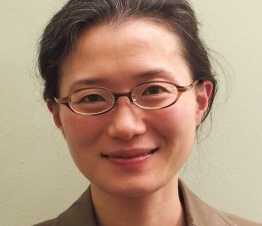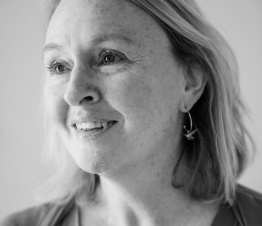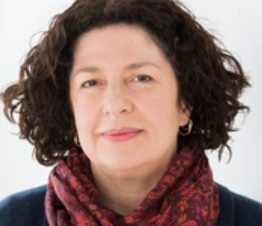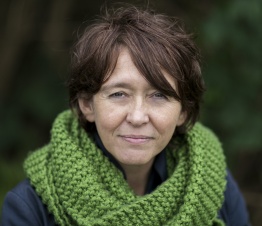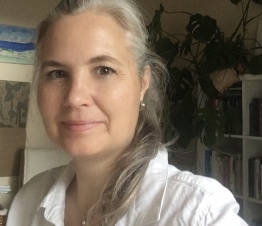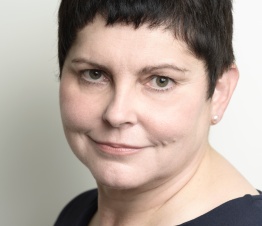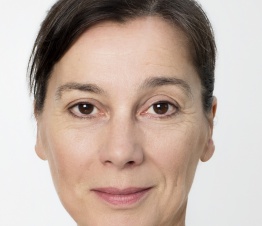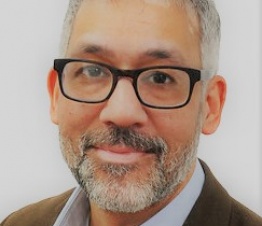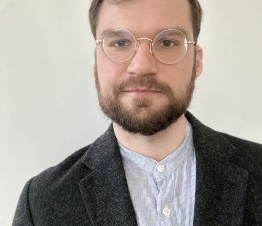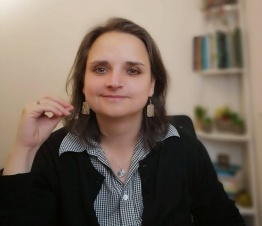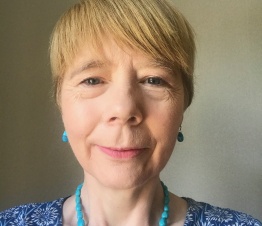What is Jungian therapy?
This type of therapy, also known as Jungian analysis, is based around the practice of psychoanalyst Carl Jung. It focuses on revealing the unconscious through exploring dreams, meditation, art, literature - any form of study which encourages introspection. The hope is to unify the conflict between the conscious and unconscious self.
Through a technique known as the active imagination, the client will discuss images that he/she associates with feelings in order to create a narrative to map out the psyche and reveal previously unconscious thoughts.
Who was Carl Jung?
Carl Jung was a Swiss psychologist, who once worked under Sigmund Freud before they went their separate ways due to academic and intellectual differences. Though both psychologists were heavily invested in the importance of the subconscious, Jung disagreed with Freud's emphasis on sexual development and instead argued for the value of the collective unconscious and the power of archetypes.
Who benefits from Jungian therapy?
Jung believed that the individual's unconscious mind is part of a much larger collective unconscious, which in turn consists of archetypes, or patterns, shared by all people. Jungian therapy seeks to understand these patterns and thereby explain our behaviour patterns. It can therefore be useful for anyone who feels they are stuck in repetitive cycles of self-destructive or addictive behaviour, or who often relapses into depression and anxiety.
Jungian therapy is a creative process and therefore is especially attractive to creative people.
Further reading
Carl Jung and the value of active imagination
Relevant associations
This information has been vetted by a professional member of the welldoing.org directory
Last updated on 30 April 2019

